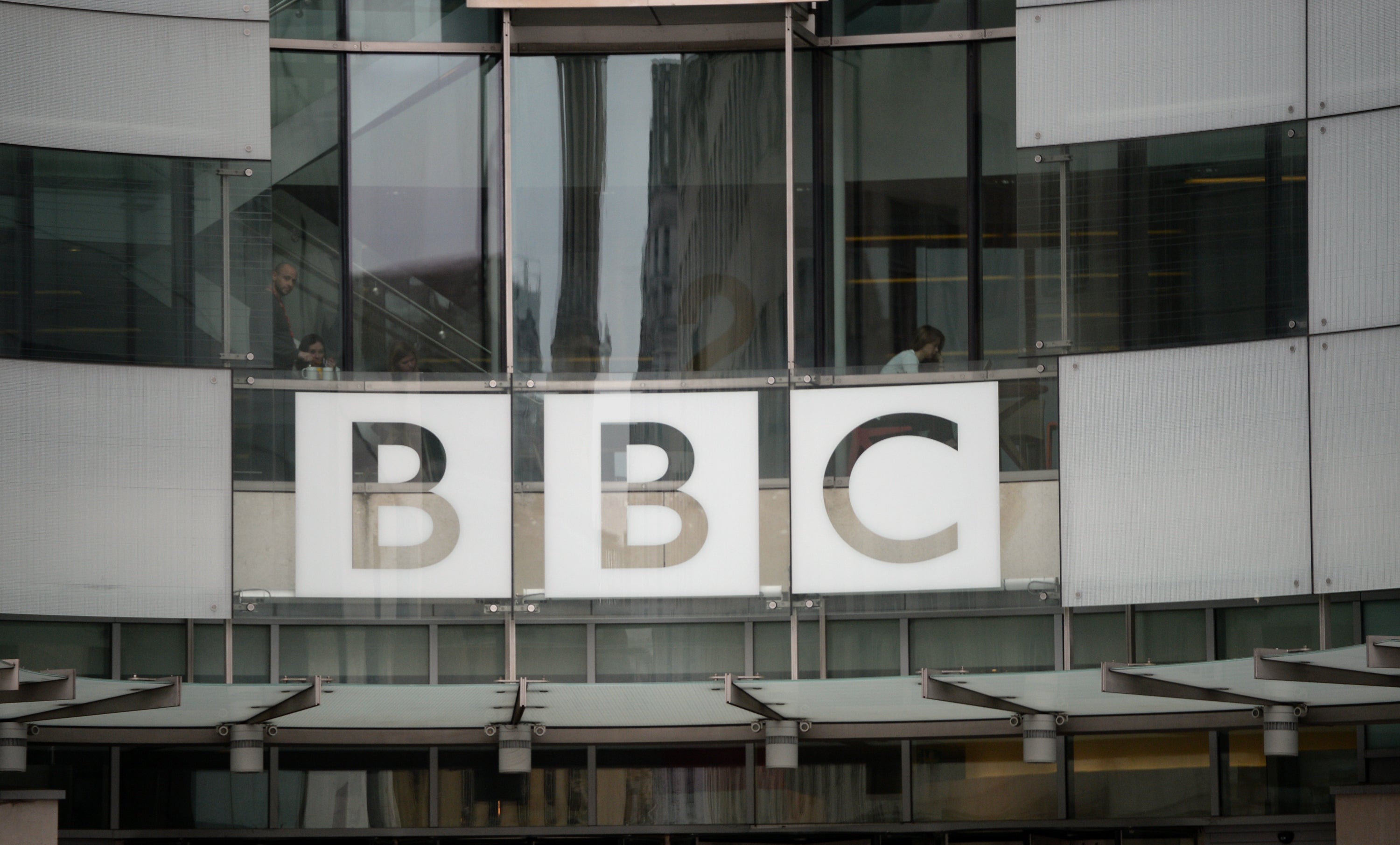BBC apologises over report on antisemitic bus attack as Ofcom launches probe
Broadcaster amended December story which linked attack to ‘racial slurs about Muslims’

Your support helps us to tell the story
From reproductive rights to climate change to Big Tech, The Independent is on the ground when the story is developing. Whether it's investigating the financials of Elon Musk's pro-Trump PAC or producing our latest documentary, 'The A Word', which shines a light on the American women fighting for reproductive rights, we know how important it is to parse out the facts from the messaging.
At such a critical moment in US history, we need reporters on the ground. Your donation allows us to keep sending journalists to speak to both sides of the story.
The Independent is trusted by Americans across the entire political spectrum. And unlike many other quality news outlets, we choose not to lock Americans out of our reporting and analysis with paywalls. We believe quality journalism should be available to everyone, paid for by those who can afford it.
Your support makes all the difference.Media watchdog Ofcom has launched an investigation after the BBC upheld complaints made about the accuracy and impartiality of its coverage of an antisemitic attack on a Hanukkah party bus.
The broadcaster has apologised and said it has now amended a story on its news website from December, and issued a clarification of a television report aired on the same day.
The incident saw a group of about 40 young Jewish people on a bus in London’s Oxford Street on November 29 subjected to an antisemitic attack involving a group of men who swore, made obscene gestures and threw a shopping basket at them.
Following BBC coverage on December 2, the Board of Deputies of British Jews and the Chief Rabbi were among a significant number of groups and individuals who complained to the broadcaster about the accuracy and impartiality of the coverage.
The BBC said the complaints were “particularly in relation to the claim that an anti-Muslim slur had been heard from inside the bus”.
The BBC’s director-general then instructed the corporation’s executive complaints unit (ECU) to investigate the complaints “as a matter of urgency”.
In its findings published on Wednesday, the ECU said the original versions of both the online and television story “did not meet the BBC’s standards of due accuracy”.
It said: “The original online copy spoke of ‘some racial slurs about Muslims’ whilst the TV report explained ‘you can hear some racial slurs about Muslim people’. In later versions the online copy was changed to ‘a slur about Muslims’ reflecting that the original iterations had mischaracterised the nature of the insult and there was insufficient evidence that it had happened on more than one occasion.”
The ECU also considered whether the BBC had been right to continue to defend the statements in its reports about an anti-Muslim slur as accurate and not requiring amendment.
The unit said it noted that while three of four translators who listened back to footage had agreed on what the slur might have been, one differed, and the ECU therefore concluded that “the sole exception indicates that it was not the only possible interpretation”.
The unit added: “In the ECU’s judgment this, taken together with the evidence put forward by the Board of Deputies, should have led the BBC to recognise at an earlier stage that there was genuine doubt about the accuracy of what it had reported.”
The ECU concluded: “It follows that the online article as it stands must now be regarded as no longer meeting the BBC’s standards of due accuracy and, to the extent that the anti-Muslim slur claim has itself become controversial, it also lacks due impartiality in failing to reflect alternative views.”
It said the same outcome applies to the television report “though that could not have been updated as an online item can”.
Following the ECU’s findings, a BBC spokesman said it had been ruled “that the inclusion in our reports of the existence of an alleged slur, said to have come from within the bus, was included in good faith, following a great deal of editorial scrutiny”.
But they added: “However, the ECU has also found that more could have been done, subsequent to the original report, to acknowledge the differing views and opinions in relation to what was said; this should have been reflected in our reporting; and the online article amended.
“We accept this and apologise for not doing more to highlight that these details were contested – we should have reflected this and acted sooner.
“Following the ECU’s ruling, we have amended the story posted on the BBC News website on 2 December 2021 and issued a clarification in relation to a news report aired on BBC London on the same day.”
An Ofcom spokesman said: “We have reviewed the BBC’s final response to complaints about this news programme.
“We consider it raises issues under our due accuracy rules and have launched an investigation.”
Board of Deputies of British Jews president Marie van der Zyl welcomed Ofcom’s decision to investigate, adding: “We trust that justice will prevail.”
She said: “We note the ECU finding that the BBC did not meet standards of due accuracy and impartiality. We are however dismayed that the Corporation continues to justify certain erroneous editorial decisions that continue to cloud the issue and will compound the distress faced by the victims.”
A spokesman for the Campaign Against Antisemitism said: “It took the BBC two months and four pages to deliver a whitewash non-apology that stands by its spurious reporting of an anti-Muslim slur and dismisses the monumental offence generated by its coverage.”
They added that they welcomed Ofcom’s investigation, which they said “will hopefully deliver the justice to the Jewish community that the BBC has once more denied”.